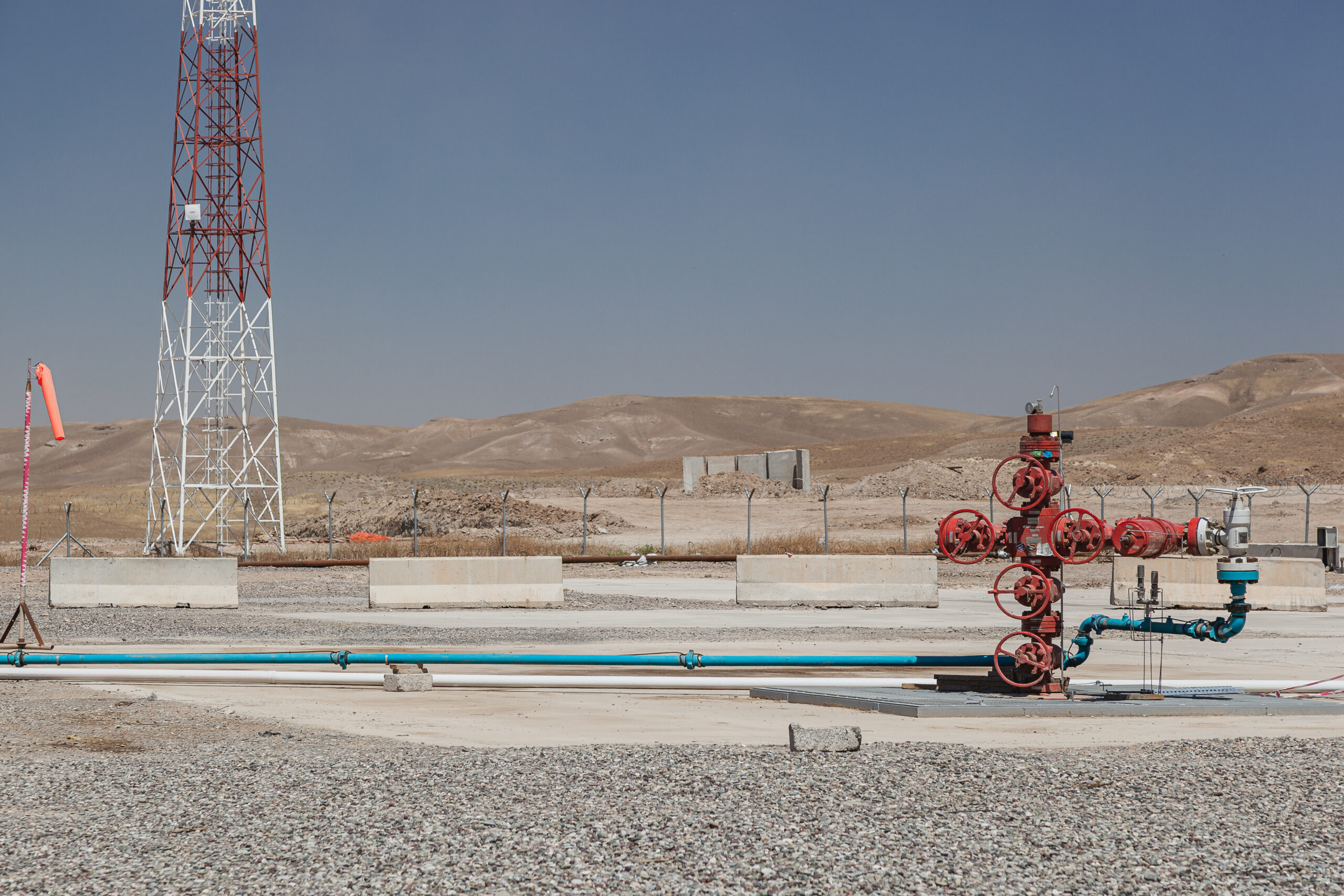Polycrises indicate urgent need to rethink global energy systems: analysts
Last year’s COP28 provided an important framework for discussing a new energy systems order where fossil fuels would be less central, one analyst said.

A multitude of global crises taking place at once points to an urgent need to rethink global energy systems, analysts told Gas Outlook.
“It’s like there are several games of chess going on and people are not always playing by the rules, and some pieces may be blown off altogether and other pieces eroding,” Glad Lahn, Senior Research Fellow, Environment and Society Centre analyst at the UK-based Chatham House, told Gas Outlook.
“When we think about leadership and the lack of leadership we are seeing at the moment, it’s indicative of the tectonic shifts going on between the Global South and Global North,” she added.
Rather than economic decoupling, what we are witnessing is the establishment of different shifting economic relationships, which are creating new supply chains and strengthening alliances, Dr Kaho Yu, Head of Energy and Natural Resources at risk intelligence company Verisk Maplecroft, told Gas Outlook.
The “Global South and Global North have differing speeds for their energy transition strategy and policy priorities, driving trends like a pivot to Asia in the global gas market and critical mineral competition,” Yu said. “Trade and investment data indicate that regions such as ASEAN, South Asia, and Latin America are capitalising on these shifts.’
Key geopolitical developments, including the sanctioning of Russia and its closer ties with other sanctioned countries like Iran and North Korea, as well as the weakening of Western legitimacy in the aftermath of the genocide have speed-balled these changes.
“For example, China and Iran are connected through oil, Russia and Iran are connected through military weapons,” the policy advisor and writer Camille Ammoun told Gas Outlook. “The last two links [between major Global South and Global North powers] are China and the West, which are still trading.”
This dualistic market developing between sanctioned and non-sanctioned markets is rapidly becoming more complex and could result in the creation of different trading benchmarks and alternative prices for oil as it is traded in different markets. How this trend and new alliances and the positioning of western governments will impact multilateral discussions, such as COP, remains a question mark.
But there is still room for optimism, according to Lahn. Last year’s COP28 provided an important framework for discussing a new energy systems order where fossil fuels would be less central, Lahn said. The topic of a fossil fuel phase-out is now firmly on the table, but how to manage it in an increasingly chaotic and fragmented market will be the question.
“Nobody would look at paragraph 28 and think investing in fossil fuels is the way forward,” Lahn said.
However, implementing a managed phase-out under these changing social, political and economic conditions could be messy. There has been declining trust in the role of multilateralism for bringing about change, and this has shown particularly as Israel continues its war on Gaza, amounting civilian casualties above 30,000. This year a number of political cycles are reaching a close. They are marked by rising populism and nationalistic rhetoric, which will also impact global diplomacy.
Double standards in the west have caused a shift in how western powers are viewed on the global stage. South Africa took Israel to the International Court of Justice in late 2023, which subsequently ruled that Israel has been committing genocide on Palestinians, but this ruling has not been followed up by any western powers, most of which continue to back Israel’s military operation.
“Divergence in energy transition strategies and the development of regional initiatives, such as the EU’s cross-border adjustment mechanisms, highlights a North-South misalignment within the current multilateral frameworks,” Yu told Gas Outlook. “This could lead to increased regionalism, impacting energy supply chains, carbon policies and climate strategies, as well as the political engagement around them.”
Indeed, a lack of trust in world governments has already been building in the years leading up to the Gaza genocide through COVID-19 lockdowns and the blatant inequality around vaccine distribution, putting to rest any notion about a semblance of fairness with regards to universal healthcare systems. In energy, double standards have manifested as Europe’s public demonization of fossil fuel subsidies, while at the same time Europe searches for gas overseas in places like Sub-Saharan Africa.
“Unfortunately we are lurching from crisis to crisis, and we are bound to see more spikes and troughs along the way which will be economically damaging in several ways for several economies,” Lahn said.
“This would force us to rethink how we organise our economies and shift away from extractive practices, not just in terms of fossil fuels but in terms of taking and not giving back fairly,” she added.



